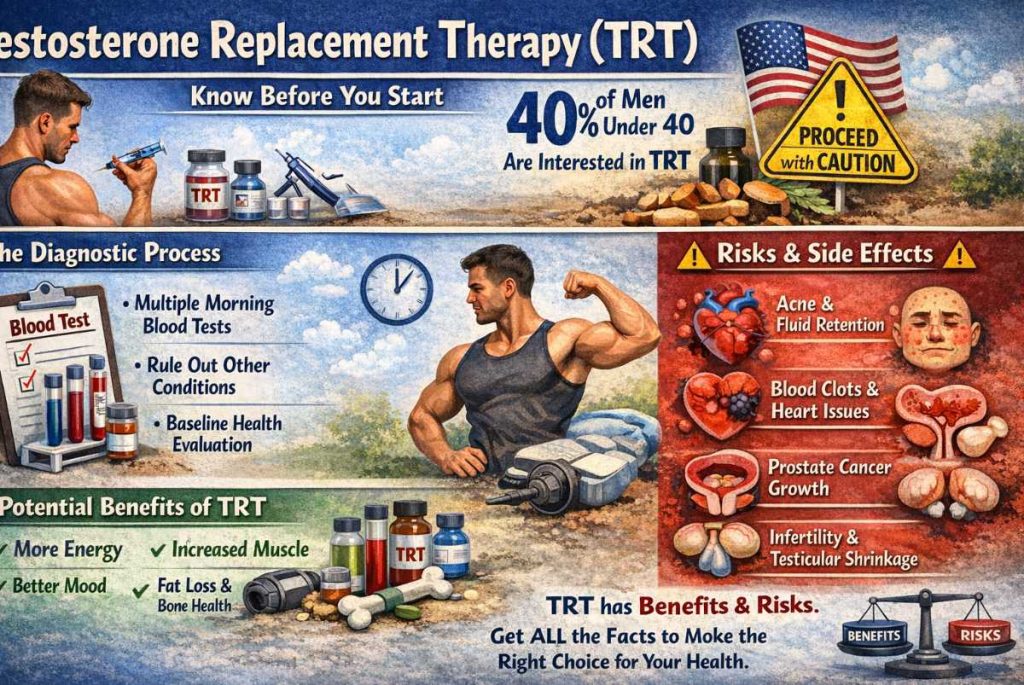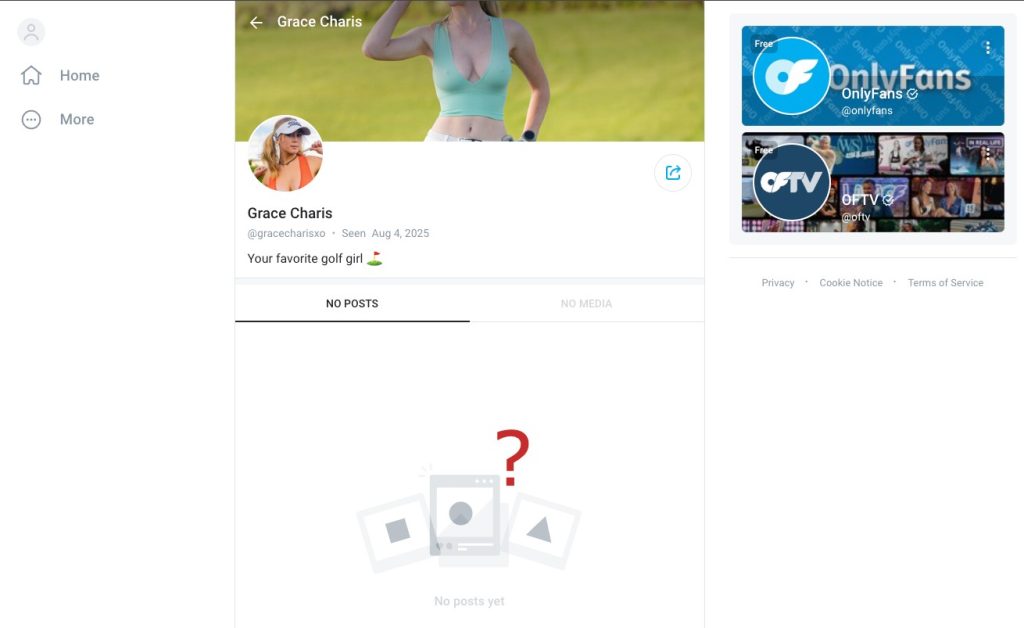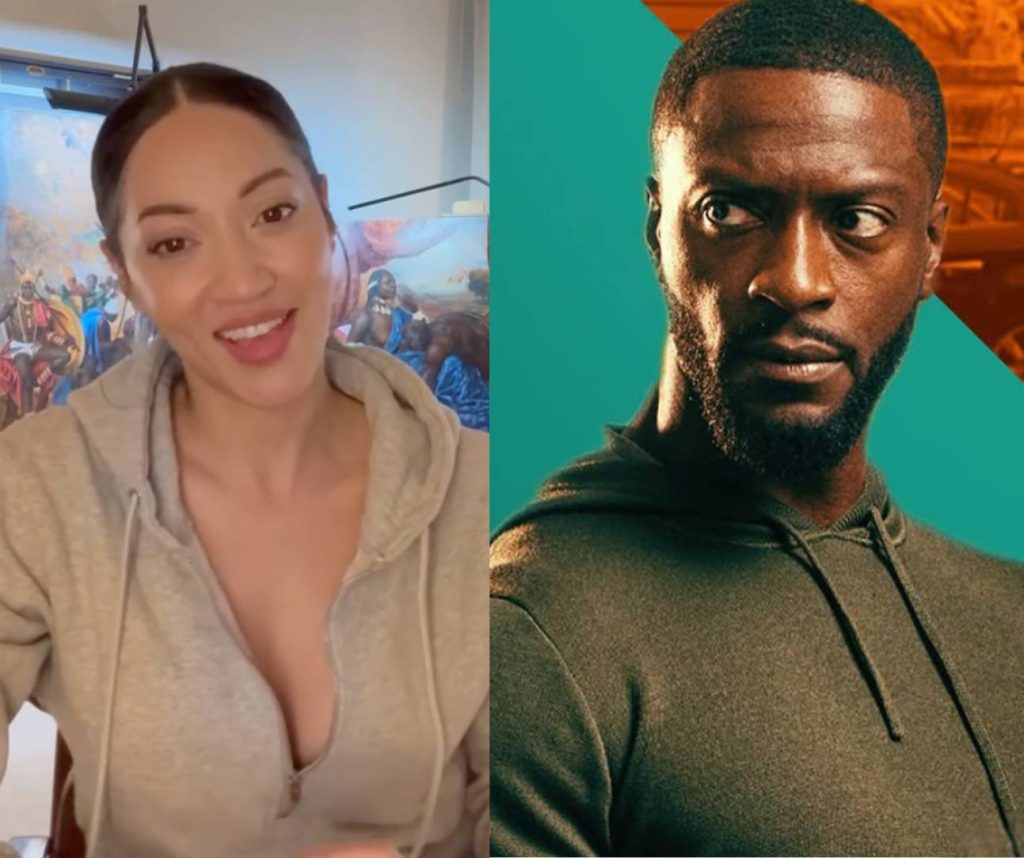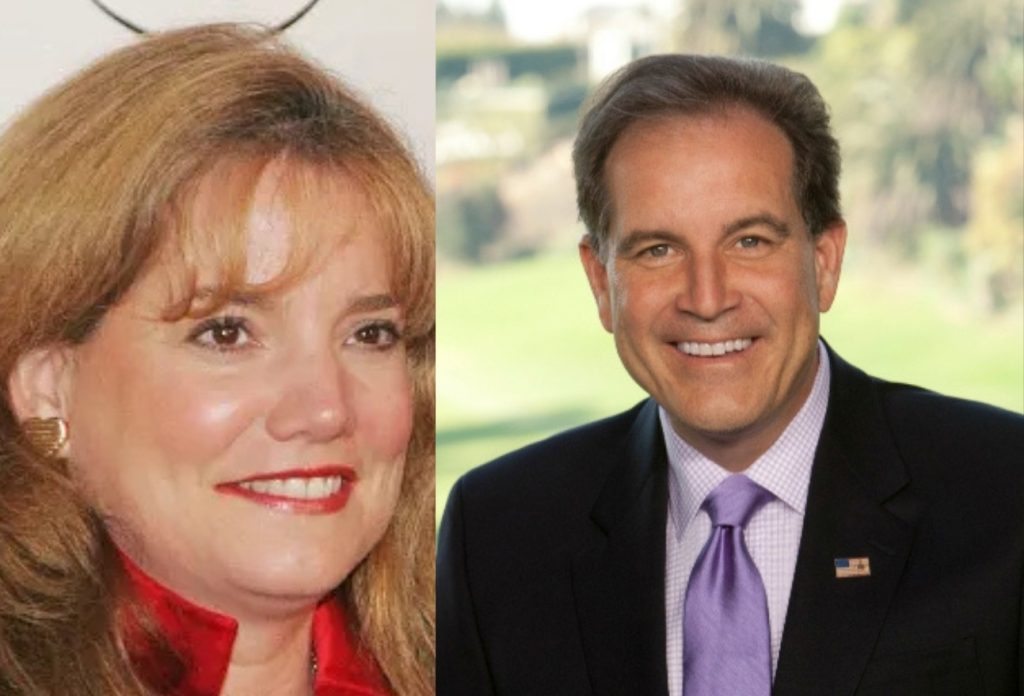Age-gap relationships remain common in the United States. A 2022 Ipsos poll found that nearly 40% of Americans have participated in age-gap dating. Men are typically the older partner in these relationships.
Recent data from 2024 shows 56% of women prefer men older than themselves. Among these women, 39% have dated someone with an age gap of 10 years or more.
The Numbers Tell One Story, Actions Tell Another
A 2024 study published in the Proceedings of the National Academy of Sciences tracked over 6,000 participants during 4,500 blind dates. The findings contradict what people say they want. Women state preferences for older partners in surveys.
Their actual attraction patterns during first dates show equal interest in younger men. Both genders responded positively to younger partners during these blind dates.
Long-term relationship formation still skews toward older-male and younger-female pairings. This pattern persists despite initial attraction data. Societal factors and matchmaking influences appear to shape final relationship outcomes more than initial attraction.
Financial Security and Career Timing
Women in their 20s and early 30s cite financial resources as a factor when dating older men. Survey data from 2024 confirms this pattern, particularly among women establishing careers. Older men typically have accumulated more assets and achieved career stability. This economic reality affects dating decisions.
Clinical therapists report that women frequently mention feeling supported without pressure in relationships with older men. These women appreciate partners who encourage their independence while providing financial stability for joint planning. The economic advantage becomes less pronounced as women advance in their own careers.
The Maturity Factor Beyond Numbers
Research shows that women often seek specific traits in older partners that go beyond age itself. Studies point to emotional intelligence and dating preferences as key factors. Women report valuing partners who can read social situations, communicate effectively, and handle conflict without drama.
These skills develop through years of relationships, workplace interactions, and personal growth.
Age alone doesn’t guarantee these qualities. A 45-year-old man might lack self-awareness, while a 35-year-old demonstrates exceptional emotional skills. Women assess potential partners through conversations about past relationships, observing how they treat service workers, and noting their responses to stress.
The correlation between age and emotional development exists, but women increasingly screen for actual competence rather than assuming age equals maturity.
Generational Splits in Dating Preferences
Gen Z women show different patterns than previous generations. Data from 2024 reveals 38% of Gen Z women express a preference for older men. Another 26% prefer partners within their age group. The remaining percentage shows openness to various age configurations.
Gen X women demonstrate even more flexibility. Nearly half report openness to dating younger men. This marks a departure from previous generational norms. Women’s growing economic independence correlates with these changing preferences.
Life Stage Gaps Matter More Than Years
Psychologist Galena Rhoades analyzed recent national poll data on age-gap relationships. She found that the developmental distance between partners matters more than numerical age differences.
An 18-year-old and a 28-year-old face stark contrasts in life stage, financial independence, and goals. A 35-year-old and a 45-year-old share more common ground despite the same ten-year gap.
Age gaps become less controversial as both partners age. Society views a 50-year-old woman with a 60-year-old man differently from a 20-year-old woman with a 30-year-old man. The qualitative differences between partners shrink with age.
Hollywood and Cultural Scripts
Western culture positions older men as acceptable partners for younger women. This pattern appears prominently in Hollywood pairings and among wealthy elites. Media representation reinforces these relationship models. Cultural scripts affect both stated preferences and actual dating behavior.
These societal messages interact with practical considerations. Women receive social validation for dating older men in ways they might not for dating younger men. This cultural framework persists despite changing gender norms in other areas.
Relationship Outcomes and Stability Factors
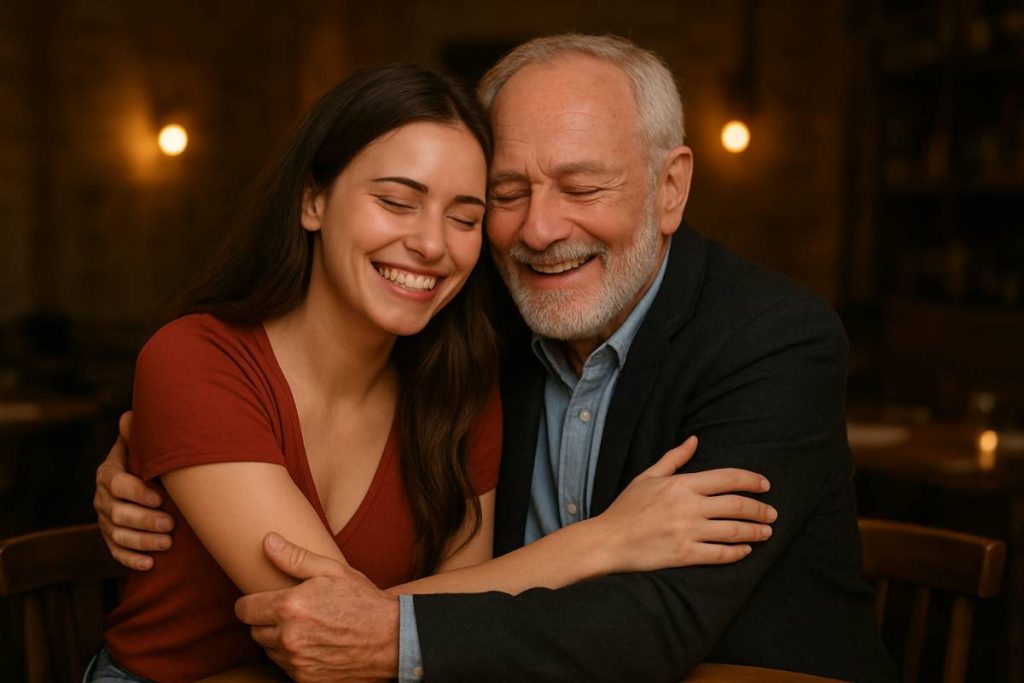
Meta-analyses of age-gap couples reveal specific patterns. Couples with older men and younger women report higher initial satisfaction scores related to shared values, support, and commitment. These advantages diminish when economic motivation dominates the relationship foundation. Relationships become unstable when partners have incompatible future goals.
Clinical commentary from 2024 emphasizes success factors for age-gap relationships. Mutual respect, emotional availability, and transparency about motivations predict stability. Power imbalances and life stage mismatches predict relationship dissolution. Age gaps themselves matter less than these underlying dynamics.
Economic Independence Changes the Game
Modern women achieve higher education levels and career advancement at unprecedented rates. Marriage timing has shifted later. These changes affect how women approach age-gap relationships. Some women continue seeking older partners for traditional stability reasons.
Others prioritize emotional intelligence, openness to new experiences, and values alignment.
Women now have more economic power to be selective. They can afford to wait for partners who meet multiple criteria beyond financial security. This selectivity appears in dating app behavior, where women filter for specific age ranges but also screen heavily within those ranges.
The Persistence of Patterns
Despite societal changes, older-male and younger-female pairings remain the most common age-gap configuration. Dating app data from 2024 confirms this trend continues. The reasons have become more complex.
Women cite emotional maturity, life experience, and stability as primary factors. Financial security remains relevant but no longer dominates decision-making for many women.
The data reveals both continuity and change. Traditional patterns persist while motivations diversify. Women exercise more agency in selecting older partners for reasons beyond economic necessity. Age-gap relationships have become one option among many rather than a social expectation or economic requirement.


